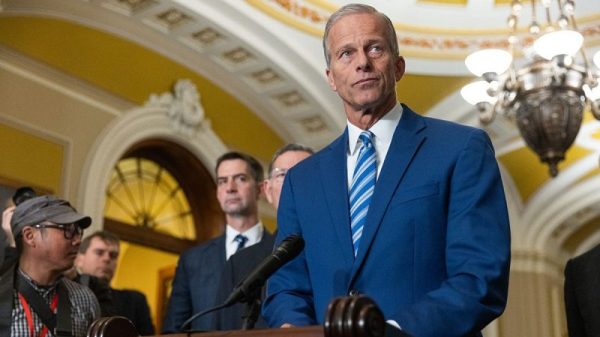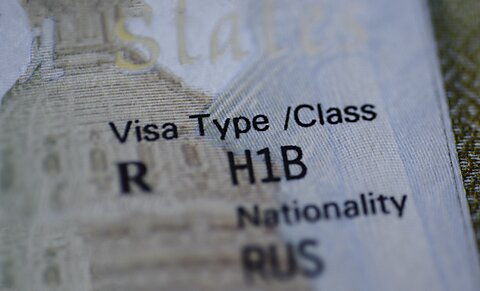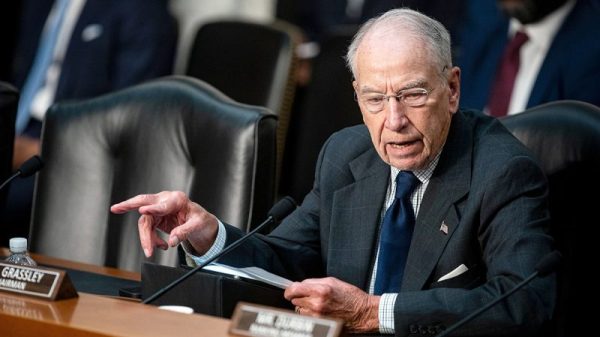The marketing team at the European Central Bank has picked up a new buzzword for its digital euro campaign: “freedom.”
European Central Bank board member Piero Cipollone has been at the forefront of this marketing campaign. In a recent speech, Cipollone said the digital euro “would preserve our freedom to choose how we pay” and that “at its heart, the digital euro would ensure that European people and businesses retain the freedom to pay with cash in their daily transactions.”
Ironically, however, Cipollone spent no time discussing how governments have spent centuries restricting financial freedom. Governments debasing money has been a long-standing tradition, so let’s take a brief look at some of the more recent restrictions.
In 2027, the European Union will roll out restrictions limiting cash payments to €10,000 ($11,508). In fact, EU member countries have had more severe restrictions in place for a long time (Table 1). Belgium prohibits cash transactions over €3,000 ($3,452), and Greece prohibits them at just €500 ($575).
Cash isn’t the only thing being restricted by European governments, though. Prepaid cards are limited to just €150 ($172). Privacy-focused cryptocurrencies are explicitly banned from exchanges and hosted wallets. And that’s to say nothing of the broader restrictions on financial privacy.
If the European Central Bank were concerned about the freedom to choose, it would have been campaigning for decades to remove these restrictions and let new options flourish. Instead, what it’s really after is control. At the end of the day, nearly every central bank digital currency (CBDC) has that in common—they exist to facilitate control.
Whether it’s the digital euro, the digital yuan, or the digital ruble, central banks have been in a panic over the use of bitcoin, stablecoins, and other cryptocurrencies. They view CBDCs as a means to regain control. So, no matter how many marketing gimmicks they employ, the public shouldn’t be fooled. CBDCs are about restricting freedom, not preserving it.



















